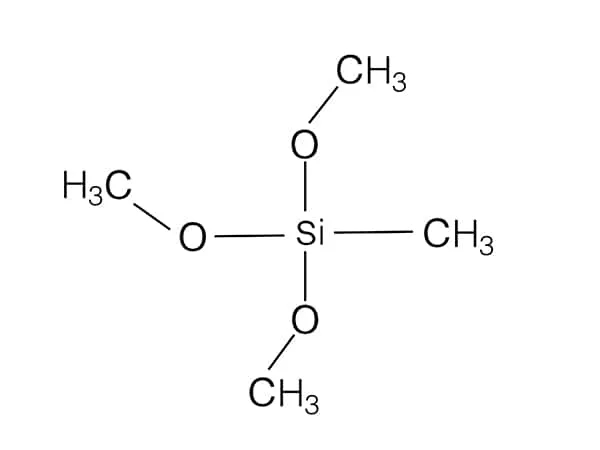Silicone oil is often used by vitreoretinal surgeons as a long-term tamponade in complicated cases. In the context of intraocular bleeding, some authors have felt that silicone oil has a hemostatic effect, by confining or compartmentalizing the bleeding sites so that clotting substances cannot diffuse away.94,95 Silicone oil has the additional advantage of maintaining clarity of the vitreous cavity so that the retina can be visualized and visual function may be restored earlier. However, many surgeons have the clinical impression that blood remaining on the inner retinal surface clears more slowly in eyes with silicone oil and also that recurrent fibrovascular proliferation on the retinal surface is more frequent and more severe in these eyes. The latter is likely due to the confinement of serum products and proliferative factors in the preretinal space behind the posterior surface of the silicone oil bubble. Because of these impressions, the majority of surgeons do not use silicone oil when there is substantial blood left on the retinal surface. For those surgeons who do use silicone oil in this context, the oil can be removed early, at about 2 weeks, to minimize the risk of epiretinal proliferation.
